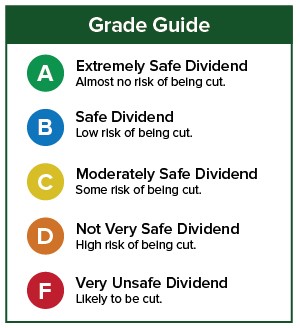It’s not often you find a stock with a juicy 12.3% yield and are confident the payout’s going higher.
But that’s the case with Eagle Point Credit (NYSE: ECC).
The stock pays an attractive $0.20 per share monthly dividend.
[ad#Google Adsense 336×280-IA]Can it afford to pay such a high yield?
Eagle Point invests in collateralized loan obligations (CLOs). These are groups of loans packaged together to create one security. CLOs generate income for Eagle Point that’s passed on to shareholders.
In 2016, Eagle Point received $92.1 million in payments and collected an additional $1.9 million in realized gains on investments.
That $94 million total was offset by $24.5 million in expenses for net investment income (NII) of $69.5 million.
That comes out to $4.21 per share, which easily covers the $2.40 per share it paid in dividends.
The company is also making more money than it was a year ago, when NII totaled $26.3 million, or just $1.90 per share. At that point, the company paid more in dividends than it generated in cash.
Eagle Credit is a fairly new company. It’s been publicly traded since only October 2014, so there isn’t much history.
Its initial dividend was $0.55 per share, and it’s paid $0.60 per quarter since 2015. The company just recently switched to its $0.20 monthly dividend this month.
Because the company is a regulated investment company, it must pay all of its taxable income to shareholders (in the form of dividends) within one year of its tax year-end.
Note: Taxable income is not the same as NII. The company does not have to pay out all of its NII.
Because of this rule, shareholders will receive a special dividend of between $0.60 and $0.80 per share in the second half of 2017.
 If we assume a dividend of $0.70 (the middle of the projected range), that brings the yield up to a whopping 15.9%.
If we assume a dividend of $0.70 (the middle of the projected range), that brings the yield up to a whopping 15.9%.
The fact that the company has income to back up its high yield is very encouraging.
I don’t see anything that worries me, and in another few years, Eagle Point could receive a very high dividend safety rating if it stays on course.
But because it has such a short track record, we can’t assume its dividend is safe. There’s just not enough information. One good year isn’t enough to call the dividend secure.
Dividend Safety Rating: C
Good investing,
Marc
[ad#wyatt-income]
Source: Wealthy Retirement

